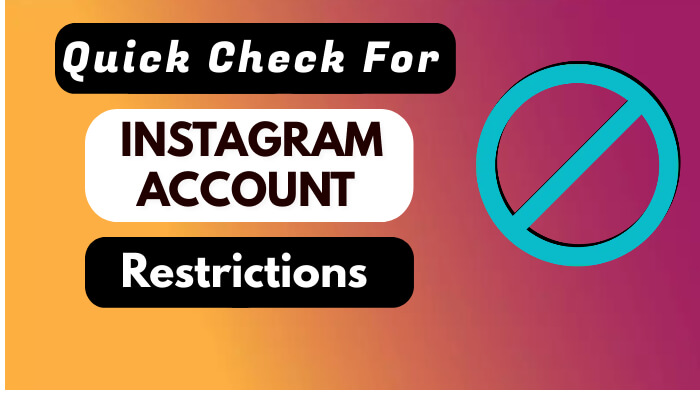13 March 2022 

Traffic loss or ranking drops on your website can be associated with many reasons. Here are 22 possible reasons to consider in understanding and addressing this issue:
- You Might Be Tracking Outdated Rankings: If your website has been online for a long time, your keywords may no longer be relevant today. Consider user search habits and compare them to the keywords in your Search Console data.
- Lost Backlinks: One reason for your rankings and traffic drop could be lost backlinks. Check lost backlinks in the last 90 days using a tool (e.g., Majestic, Ahrefs, CognitiveSEO).
- Broken Redirects: If you're launching a new website, moving to a new server, or making structural changes on your website, not having a proper 301 redirect plan can lead to ranking drops.
- Manual Actions: If you're seeing a sudden and significant drop in your website's rankings, it may indicate that Google is penalizing your website. Manual actions are penalties applied manually, not due to algorithmic updates.
- Algorithm Changes: Google makes algorithm changes to improve results, and such changes can negatively impact your website's rankings.
- Natural Fluctuations in Search Results: There are times when search results naturally change. Google adjusts results in response to user behavior. If your content isn't aligning with user queries, you may experience ranking drops.
- Changes in Google's User Experience: Google occasionally alters the user experience of search pages, which can affect click-through rates. Check which terms are dropping and see if there have been any changes.
- Geographical Variations: Your rankings can vary depending on the geographical region where the search is performed. Check your rankings in different regions to get more accurate results.
- Competitor Improvements: If you're losing traffic despite doing the right things, analyze what your competitors are doing. You can use tools like Wayback Machine or Versionista to see their changes.
- Page Speed: How fast your pages load can impact your rankings. Check your page speed using Google's PageSpeed tool and make improvements if needed.
- Server Issues: If your website is experiencing server issues, it can negatively affect your rankings. Check for server errors and rectify them.
- Other Web Vitals: Google considers factors that affect user experience. How's your website's user experience? Is the page layout constantly changing? Are there too many ads?
- Internal Navigation: The internal navigation of your website shows visitors how to access information on your site. Avoid complex internal navigation and make key pages easily accessible.
- Low-Quality Backlinks: Not all backlinks are created equal. Using low-quality or spammy backlinks can lead to penalties by Google.
- Recent Website Changes and Redesigns: If you choose to redesign your website, be cautious to not negatively impact your rankings and traffic.
- Simple Technical Issues: Technical SEO involves optimizing your website's technical infrastructure. Simple mistakes (e.g., misconfigured robots.txt) can affect your rankings.
- Mobile Compatibility: Not having a mobile-friendly website can negatively impact your rankings on mobile devices. Check your mobile compatibility.
- Poor-Quality Content: If your website contains low-quality, duplicate, or spammy content, it can lead to ranking drops.
- Click-Through Rate (CTR): Check if the titles and meta descriptions appearing in search results are enticing. Improve them to get more clicks.
- Search Disallowance: Check if your website is blocked from search engines. There might be a disallowance or blacklist status.
- SSL Certificate: Website security is crucial. Ensure you have an SSL certificate, as Google uses it as a ranking factor.
- Frequent Updates: Keep your website regularly updated. Adding new content and updating old content can improve your rankings.
One or a combination of these reasons could be underlying the issues of traffic loss or ranking drops on your website. Create a strategy considering these factors to understand and address your problem. Remember that patience and continuous monitoring are important in SEO.







